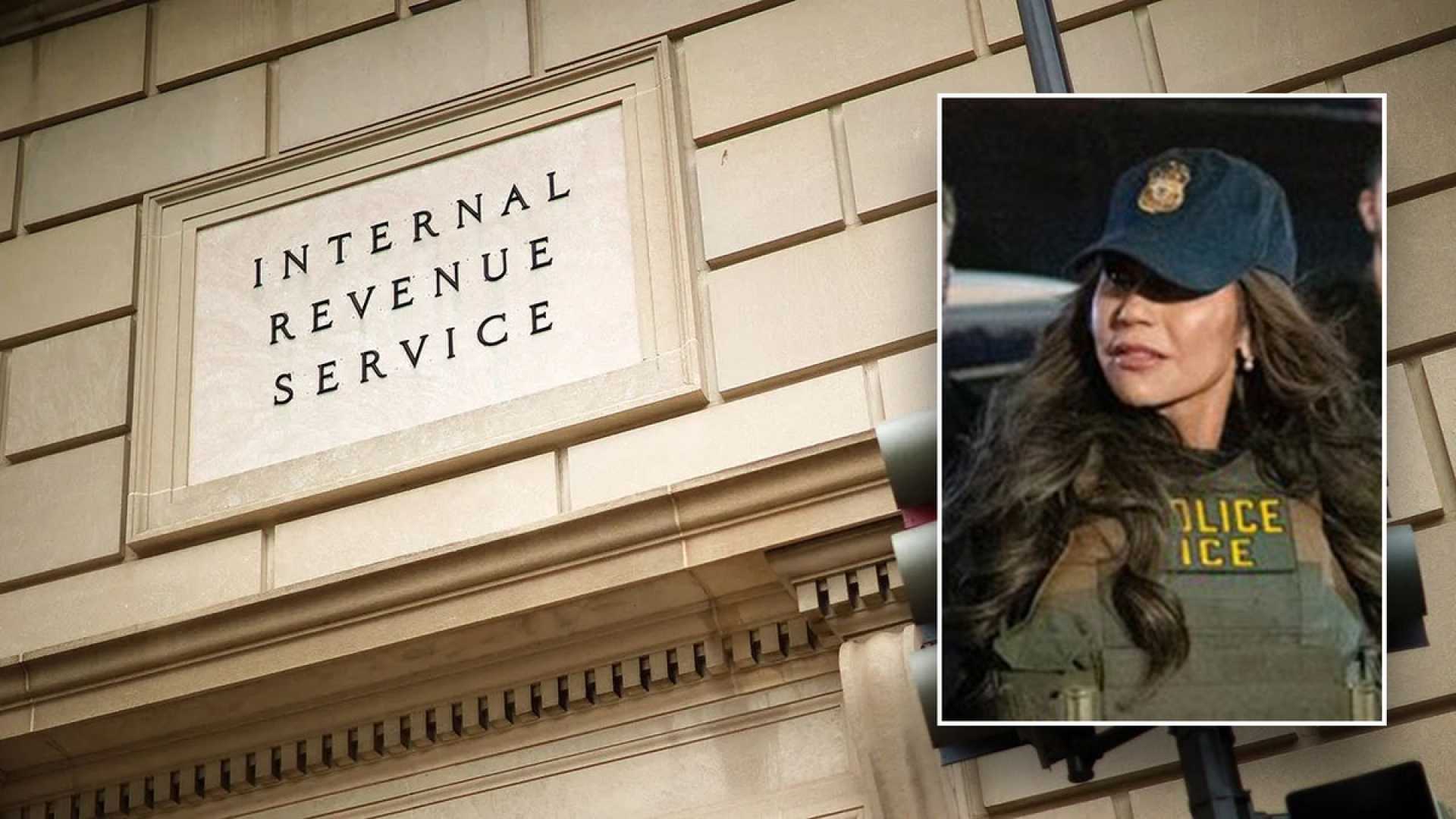Politics
DHS Proposes IRS Agents for Immigration Enforcement at Southern Border

WASHINGTON, Feb 10 (AP) — The Department of Homeland Security plans to utilize nearly 90,000 Internal Revenue Service agents to assist with immigration enforcement at the southern border. This initiative follows a directive from President Donald Trump aimed at bolstering efforts against illegal immigration.
In a letter sent on February 7 to Treasury Secretary Scott Bessent, DHS Secretary Kristi Noem outlined the request for IRS personnel to help Immigration and Customs Enforcement (ICE) investigate human trafficking, identify employers hiring illegally, and perform other immigration-related tasks. A senior DHS official indicated that approval for this request is expected.
“It is DHS’s understanding that the Department of the Treasury has qualified law enforcement personnel available to assist with immigration enforcement,” Noem wrote, highlighting increases to the IRS workforce and budget in recent years.
The letter emphasizes the importance of IRS agents in interagency task forces that could tackle complex cases involving tax, immigration, and money laundering charges. Noem stated that these resources could enhance investigations into unlawful employment practices, human smuggling operations, and asset seizures.
“Even with these resources available, more can be done to fully implement the Executive Order,” she stated. “ICE needs IRS agents to assist in building cases and ensuring that enforcement measures are effective.”
In a previous ICE raid in New York City, Noem claimed that targeted efforts against criminal illegal immigrants make communities safer. The department has already partnered with various law enforcement agencies, including the Texas National Guard and officials from the Department of Justice.
The letter to Bessent called for “qualified officials from the Department of the Treasury” to work alongside ICE agents and requested that these officials be deputized for their new roles in immigration enforcement.
As a federal agency, the IRS has primarily focused on tax collection and related investigations; however, it also engages in efforts to combat drug trafficking and corruption, which are closely linked to immigration issues.
“This collaboration can strengthen our nation’s efforts to uphold immigration laws effectively,” said Noem in her letter. “By integrating IRS resources into this strategy, DHS aims to build a robust framework for law enforcement operations.”
The IRS and Treasury Department have not yet responded to requests for comments regarding this proposal.












